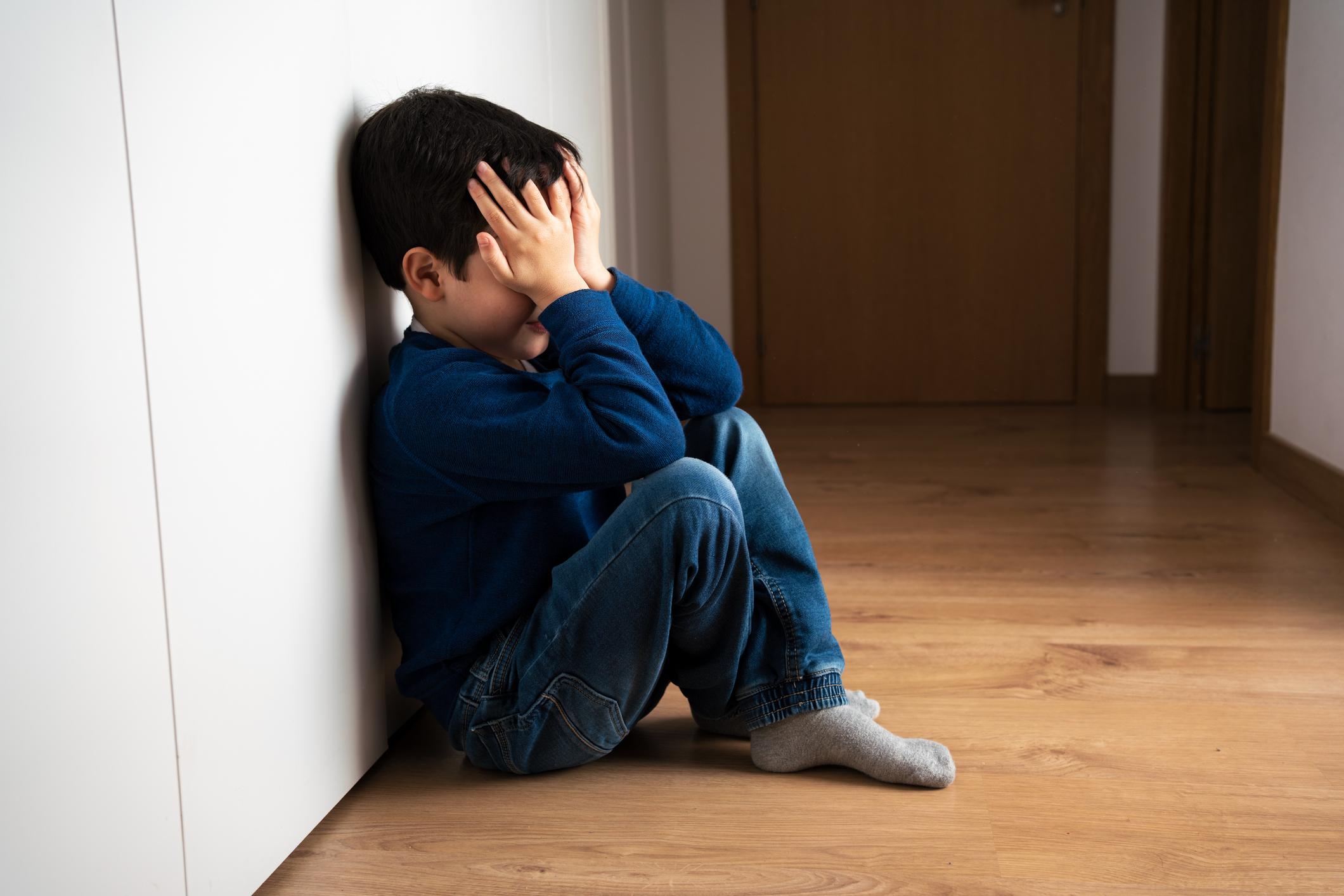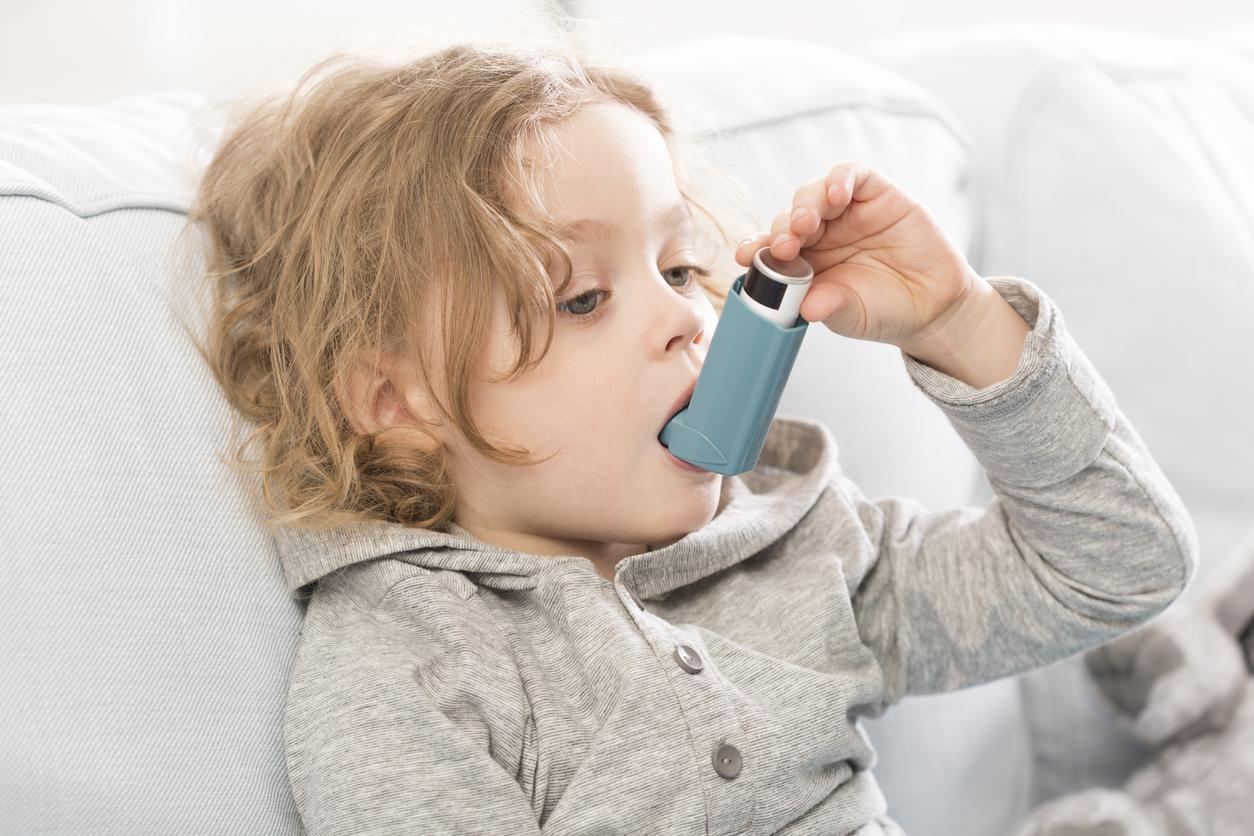People who experienced childhood trauma have more intense and variable emotions than others.

- People who suffered trauma in their early youth have more intense and variable emotions than others.
- To reach this conclusion, researchers analyzed the emotions of 384 Dutch-speaking adults.
- These results are important because they highlight the long-term consequences of childhood trauma on emotional functioning.
While Elisabeth Borne presents the government’s new plan against violence against children on Monday, November 20, a recent study conducted in the Netherlands revealed that people who experienced trauma in their early youth have more intense and variable emotions than others.
“Dynamic fluctuations in affect among individuals with childhood trauma have been understudied, limiting understanding of the lasting effects of youth trauma and the ultimate development of personalized treatment plans,” explained study author Erika Kuzminskait.
The study, which was published in the journal Psychological Medicine, used data from ongoing research in the Netherlands (the “Netherlands Study of Depression and Anxiety”).
384 adults followed for two weeks to assess their emotions and trauma
The researchers assessed and analyzed the emotions of 384 Dutch-speaking adults. Some suffered from depression or an anxiety disorder, others were psychologically well and served as controls. Participants were followed for two weeks and completed questionnaires every day to assess their emotional intensity and variability.
Conclusion: people with childhood trauma expressed altered feelings throughout the study. Specifically, they reported fewer positive emotions and more negative emotions compared to participants without early trauma. Trauma victims also showed greater variations in the intensity of their emotions.
Treating the Long-Term Consequences of Childhood Trauma
These findings are important because they highlight the long-term consequences of childhood trauma on emotional functioning, which can impact psychological well-being and overall health.
Prevention and support measures are needed to help these individuals develop healthy emotional regulation mechanisms and overcome the negative consequences of their difficult past.
















